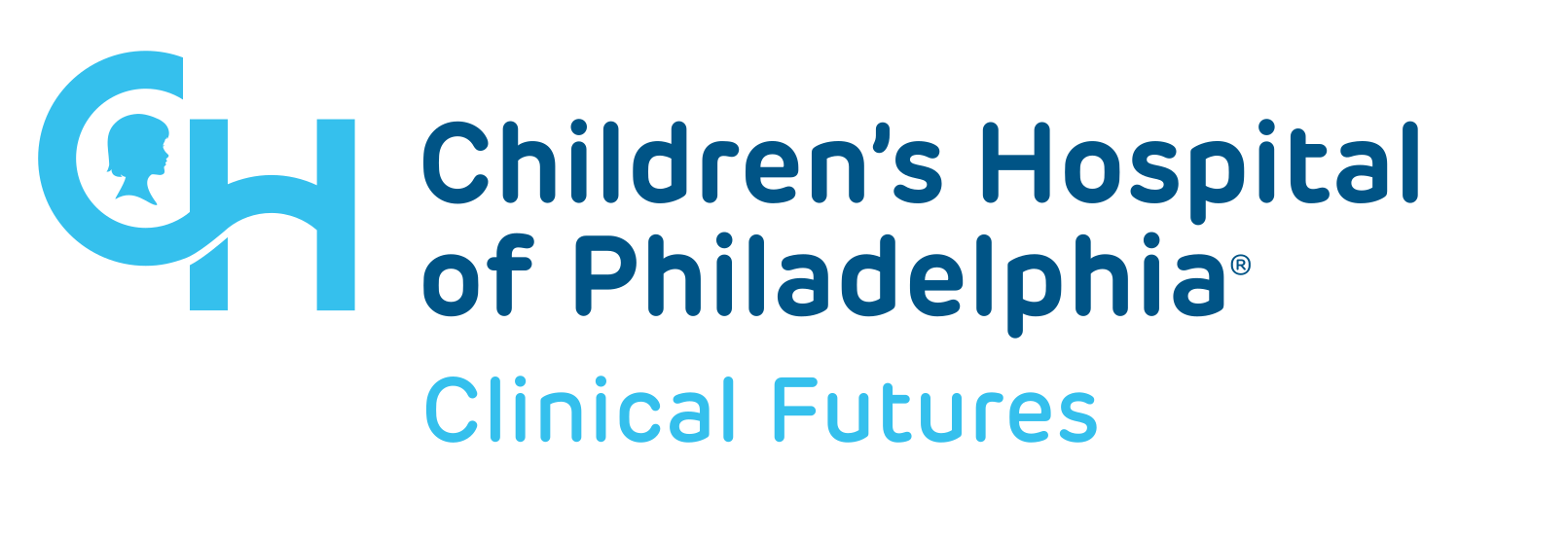Research In Practice Blog
Breadcrumb

Intro
Organizational Skills Training (OST) is a behavioral, skills training intervention approach used with children who exhibit deficits in organization, time management, and planning (OTMP) skills, associated often with Attention-Deficit/Hyperactivity Disorder (ADHD). OST Tier 2 (OST-T2) is a modification of the original OST program for use in schools that is administered in small groups in the context of a multi-tier support system that involves parents, teachers, educational support staff, and others. This study evaluated the effectiveness of the OST-T2 intervention when implemented by school professionals for students in grades 3 to 5 with OTMP skills deficits who were referred by teachers.
Study design and findings
For this evaluation, 186 participants in grades 3-5 from 22 racially and socioeconomically diverse schools were included. Students with OTMP difficulties were referred by their teachers and randomized to OST-T2 (n = 98) or a treatment as usual (TAU) wait list control condition (n = 88). The OST-T2 intervention was delivered across 16, 35-minute group sessions designed to teach skills for effective completion of schoolwork. Their caregivers and teachers were engaged in two sessions to promote continued use and generalization of skills learned. Tools used to assess and measure progress included the parent and teacher versions of the Children’s Organizational Skills Scale (COSS), the Homework Problem Checklist (HPC), the Homework Performance Questionnaire – Teacher version (HPQ-T); the Reading and Math subscales of the Academic Competence Evaluation Scales (ACES); and the Academic Proficiency Scale (APS).
The research team found that OST-T2 participation resulted in immediate and short-term improvement of OTMP skills and homework performance. Academic performance, while not targeted directly by this intervention, also improved for some children. There was evidence of modest benefits of OST-T2 were seen in 12-month follow-up data.
Research in Practice Implications
The findings indicate that a school-based approach to organizational skills training is effective and appropriate when offered by school professionals. Future research will examine ways to make the program even more feasible and improve long-term effects.
Actionable Insights:
- Clinical: Explore whether/how changes in OTMP skills impact students’ general adjustment, family conflict, and social and emotion functioning.
- Research: Continue longitudinal research to ascertain long-term effects of OST-T2. Identify if there are benefits of increasing the amount of practice during and after OST-T2. Explore mechanisms underlying the effect of OST-T2 on homework and academic outcomes.
- Advocacy/Policy: Identify resources needed to overcome time constraints encountered for consultation and implementation process.
Information & Resources
Clinical Futures author(s):
Jennifer A. Mautone, PhD
Additional study author(s) from Children’s Hospital of Philadelphia:
Jenelle D. Nissley-Tsiopinis, PhD; Thomas J. Power, PhD; Phylicia F. Fleming, PhD; Bridget Poznanski, PhD; Shannon V. Ryan, PhD; Jaclyn Cacia, MS; Alex Holdaway, PhD; Ami Patel, MA
Citation:
Nissley-Tsiopinis J, Power TJ, Fleming PF, Tremont KL, Poznanski B, Ryan S, Cacia J, Egan T, Montalbano C, Holdaway A, Patel A, Gallagher R, Abikoff H, Localio AR, Mautone JA. School-based organizational skills training for students in grades 3-5: A cluster randomized trial. J Consult Clin Psychol. 2024 Oct;92(10):674-691. doi: 10.1037/ccp0000909. PMID: 39480288.
